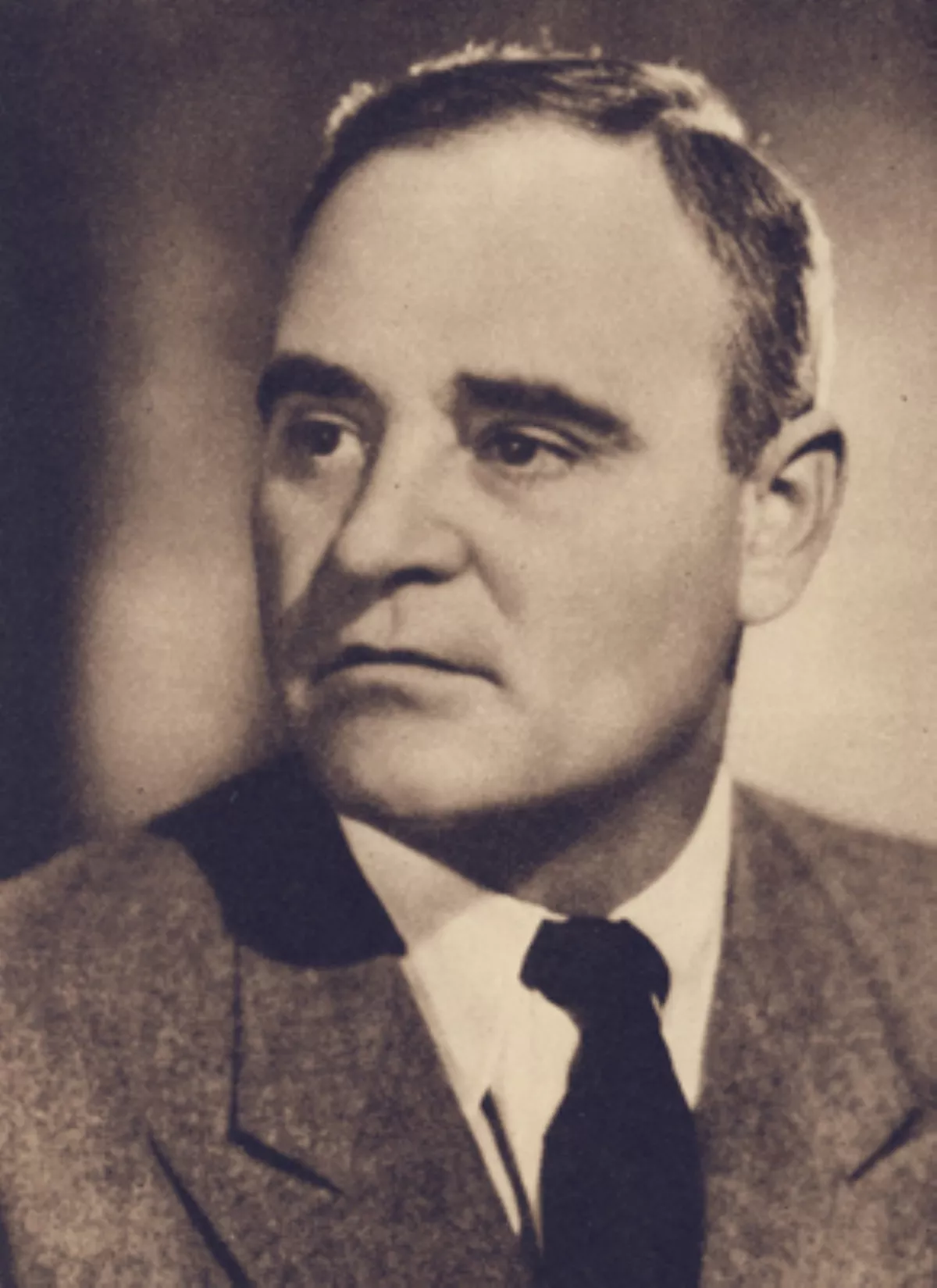 1.
1. Gheorghe Gheorghiu-Dej was the first Communist leader of Romania from 1947 to 1965, serving as first secretary of the Romanian Communist Party from 1944 to 1954 and from 1955 to 1965, and as the first Communist Prime Minister of Romania from 1952 to 1955.